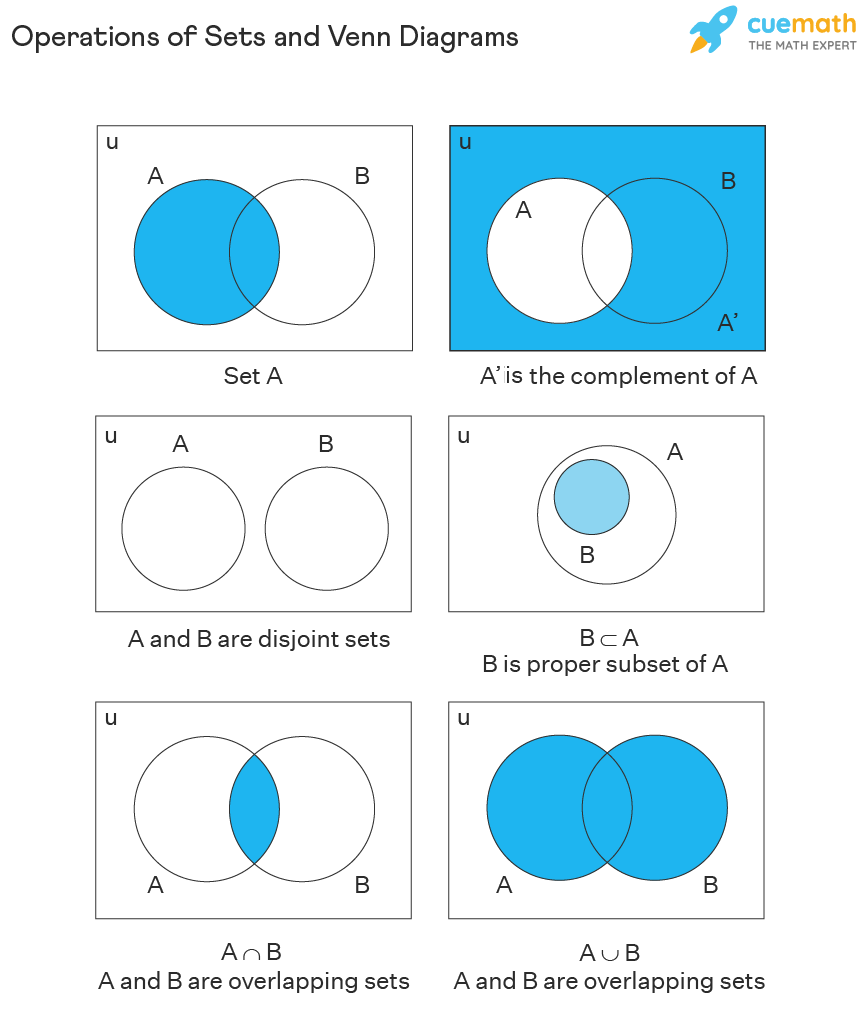A. Cantor’s Groundbreaking Set Theory: Georg Cantor’s exploration of sets laid the foundation for our understanding of infinity. His revolutionary work on different sizes of infinity shattered traditional mathematical concepts. Cantor introduced the concept of “cardinal numbers” to represent the size of sets, notably Aleph-null (∞₀) for countable infinity. This conceptual leap paved the way for a nuanced exploration of infinity within the realm of mathematics.
References:
- Cantor, G. (1883). “Grundlagen einer allgemeinen Mannigfaltigkeitslehre.”
B. Aleph-null and Beyond: The concept of countable infinity, represented by Aleph-null, suggests that some infinite sets can be put into a one-to-one correspondence with the natural numbers. Cantor’s diagonal argument elegantly demonstrated the uncountability of real numbers, introducing the notion of uncountable infinity (ℵ₁). This idea challenged traditional mathematical intuition and led to Cantor’s Continuum Hypothesis, a proposition that remains undecidable within standard set theory.
References:
- Cohen, P. (1963). “The Independence of the Continuum Hypothesis.”
C. Paradoxes and Challenges: Infinity introduces paradoxes that defy intuition and challenge the very foundations of mathematics. Zeno’s paradoxes, which question the nature of motion through infinite divisions, reveal the intricacies of dealing with the infinite in calculus and real analysis. The Banach-Tarski paradox, a startling result in set theory, asserts that a ball can be decomposed into a finite number of non-overlapping pieces and reassembled into two identical copies of the original.
References:
- Zeno of Elea. Fragments, translated by D. Gallop. (1984). “Zeno of Elea: The Fragments.”
- Banach, S., & Tarski, A. (1924). “Sur la décomposition des ensembles de points en parties respectivement congruentes.”
D. Fractals and Infinite Self-Similarity: Beyond Cantor’s set theory, Benoit Mandelbrot’s groundbreaking work on fractals extended our understanding of infinity into the realm of geometric complexity. Fractals exhibit infinite self-similarity at every scale, revealing a mesmerizing world of intricate patterns that challenge traditional Euclidean geometry. The Mandelbrot set, a visually captivating fractal, exemplifies the convergence of complex numbers toward infinity within a finite space.
References:
- Mandelbrot, B. (1982). “The Fractal Geometry of Nature.”
E. Infinity and the Philosophy of Mathematics: The exploration of infinity in mathematics extends into the philosophical realm, questioning the ontological status of mathematical entities. Platonism posits that mathematical objects exist independently of human thought, including infinite sets. Intuitionism, on the other hand, asserts that mathematical truth is a human construct, and the infinite is a mental construct rather than an objective reality.
References:
- Gödel, K. (1944). “Russell’s Mathematical Logic.”
F. Infinity in Calculus and Analysis: Calculus, the mathematical language of change, grapples with the infinite through concepts like limits, derivatives, and integrals. The concept of limits allows us to approach infinity and study infinite processes. Infinite series and sequences provide tools to analyze functions that exhibit infinite behavior, revealing the profound interplay between the finite and the infinite within the mathematical landscape.
References:
- Apostol, T. M. (1967). “Mathematical Analysis.”
Summary – The Infinite mosaic of Mathematics: In the vast landscape of mathematics, infinity emerges as a multifaceted concept, challenging our intuitions and enriching the understanding of number theory, geometry, and calculus. Cantor’s set theory opened a Pandora’s box of infinite possibilities, leading to paradoxes, philosophical debates, and new avenues of exploration. From the elegant simplicity of Aleph-null to the mesmerizing complexity of fractals, infinity remains an enduring and captivating theme within the realm of mathematics. This exploration merely scratches the surface of the infinite tapestry that mathematics weaves, inviting further inquiry into the uncharted territories of the boundless.


Thanks for the gratitude